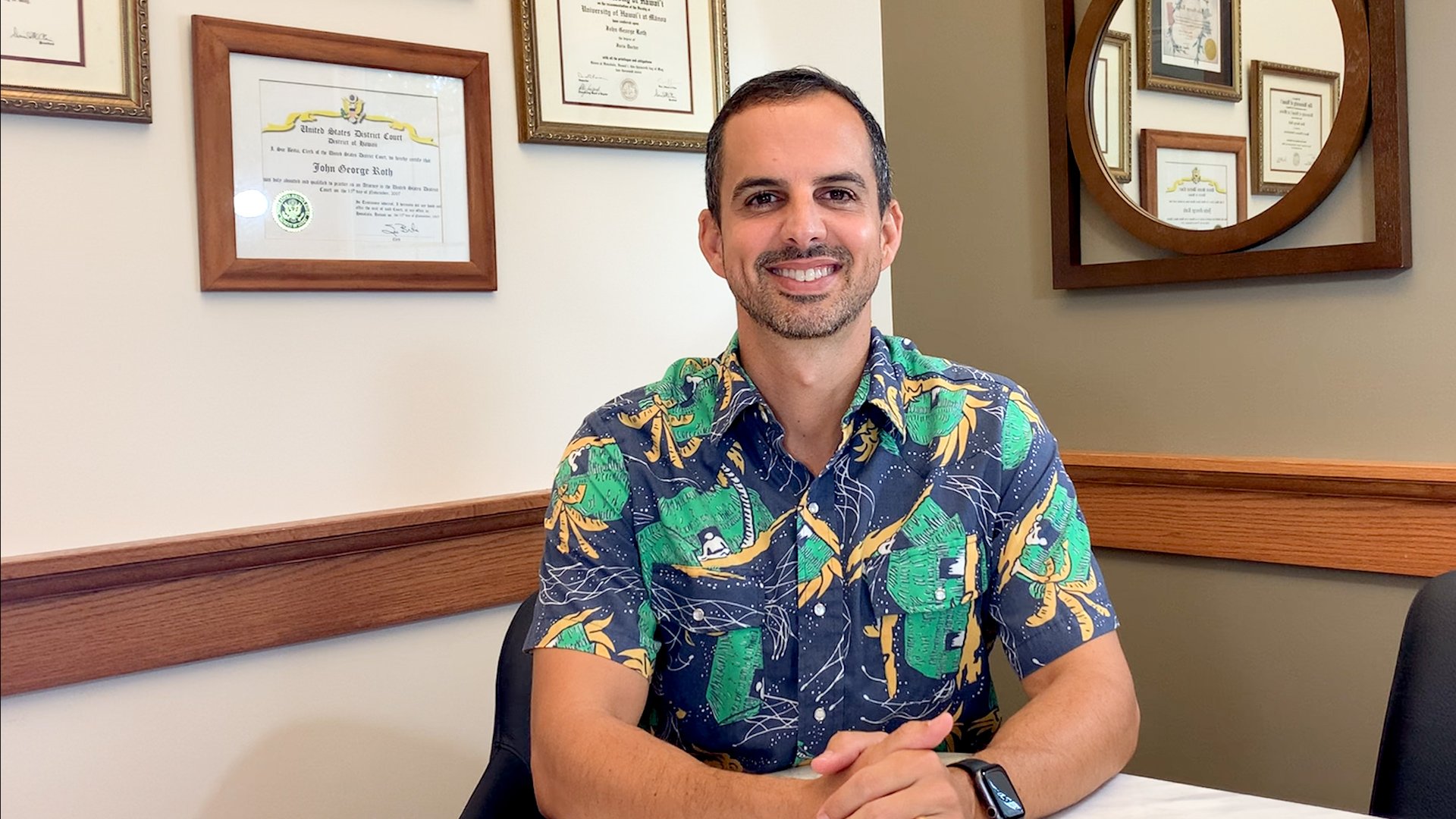Probate’s core purpose is to ensure that a dead person’s property ends up in the proper hands. Simply put, it is a court ordered process of appointing someone to make sure bills are paid and property is taken care of after someone passes away.
Not all property has to pass through probate. For example, if the decedent held a bank account jointly with someone, the surviving joint owner will automatically own it all as a consequence of the other joint owner’s death. And a person who is designated as the beneficiary of a pay-on-death account or contract can have that account or benefit from that contract, without having to go through probate. The surviving joint owner or designated beneficiary simply needs to provide a death certificate to make the transfer official.
Even property in the decedent’s estate can be transferred to the right person using a simplified, non-probate procedure if the total estate does not exceed $100,000 and does not include real property, such as land, a home, or a timeshare.
When probate is required, it generally begins with the appointment of a Personal Representative (sometimes referred to as the Executor), whose job is to gather and protect estate property, pay all enforceable debts, including any taxes that might be due, and distribute the remaining estate to the people named in the decedent’s will, or, if there is no will, then to the decedent’s heirs (these are close relatives, as described by relationship in state statutes).
Probate has a bad reputation because it can be slow, cumbersome, and expensive. But a most states, including Hawaii, have changed the law so that probate can be relatively fast, easy, and affordable unless an interested party asks for greater court involvement.
Hawaii reformed its probate code nearly twenty years ago, yet some misconceptions linger. Here are five common ones:
1. The only winners in Probate are the attorneys.
NOT TRUE. Hawaii’s probate laws no longer allow attorneys to charge a percentage of the estate; instead, fees must be “reasonable,” independent of the value of estate property.
2. Probate will be required if you die without a will.
NOT NECESSARILY TRUE. The value and nature of estate property determine the need for probate; whether you have a will is not relevant for this purpose.
3. Probate takes years to complete.
ALMOST NEVER TRUE. The vast majority of probates can easily be completed in six months to a year. It might predictably take longer if beneficiaries are fighting over estate assets, or the decedent owned a business interest or many parcels of real estate that needs to be sold before closing probate.
4. Probate requires going to court and fighting with family.
NOT TRUE. Probate doesn’t cause fighting; people cause fighting. The Probate Court is simply the venue that hears such disputes, when they occur. Most probates do not involved major disputes or trips to court. Even exceptionally large estates can be probated without a trip to the courthouse, unless an interested person requests court involvement.
5. Having a trust guarantees that your estate will pass outside of probate.
NOT TRUE. Although a trust can be used to avoid probate, it does not guarantee avoidance. You must fund your trust properly to avoid probate. Sadly, it is not uncommon to find people with an unfunded or only partially funded trust, who mistakenly think their estate will circumvent probate.
Whether probate avoidance is something that you want to include in your overall estate planning strategy or not, it is important that you be fully informed before making that decision. Estate planning is not a one-size-fits-all proposition. It is important to have a plan that fits your family, your property, and your wishes.
I am required to state that this is not legal advice and you should not rely on this information to determine what is in your best interest. Further installments of this column will address the more common questions and situations that I see as an estate planning attorney. All information will be based on hypothetical scenarios, however, not the actual circumstances of real clients.
JOHN ROTH
John formed Hawaii Trust & Estate Counsel in April of 2014 .
He has taught Estate Planning as an adjunct law professor at the William S. Richardson School of Law at the University of Hawai`i–Manoa, and occasionally lectures in several other law courses there. He also periodically teaches the Business Law course at the University of Hawai`i–Hilo... LEARN MORE















What assets should you put in your trust? Avoiding probate, planning in case of incapacity, and making things as easier for loved ones after your death are all things to consider.